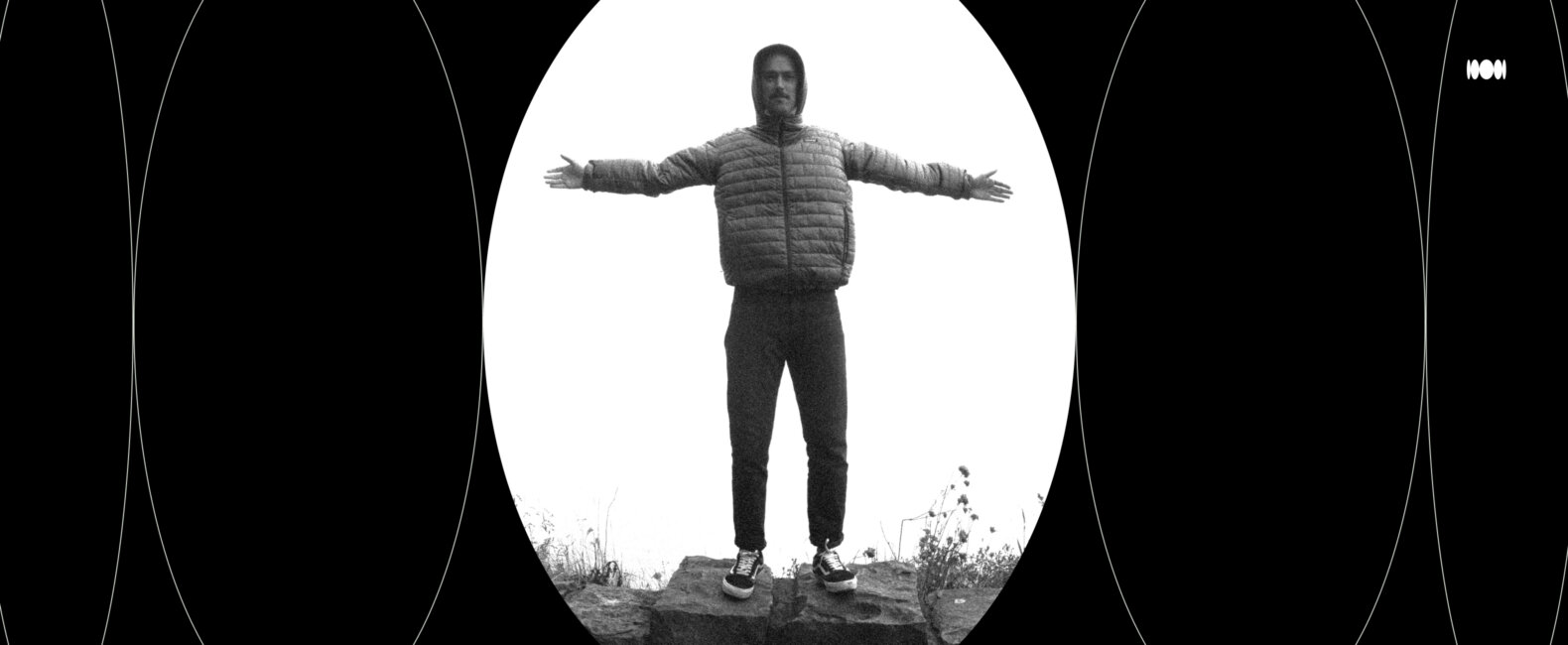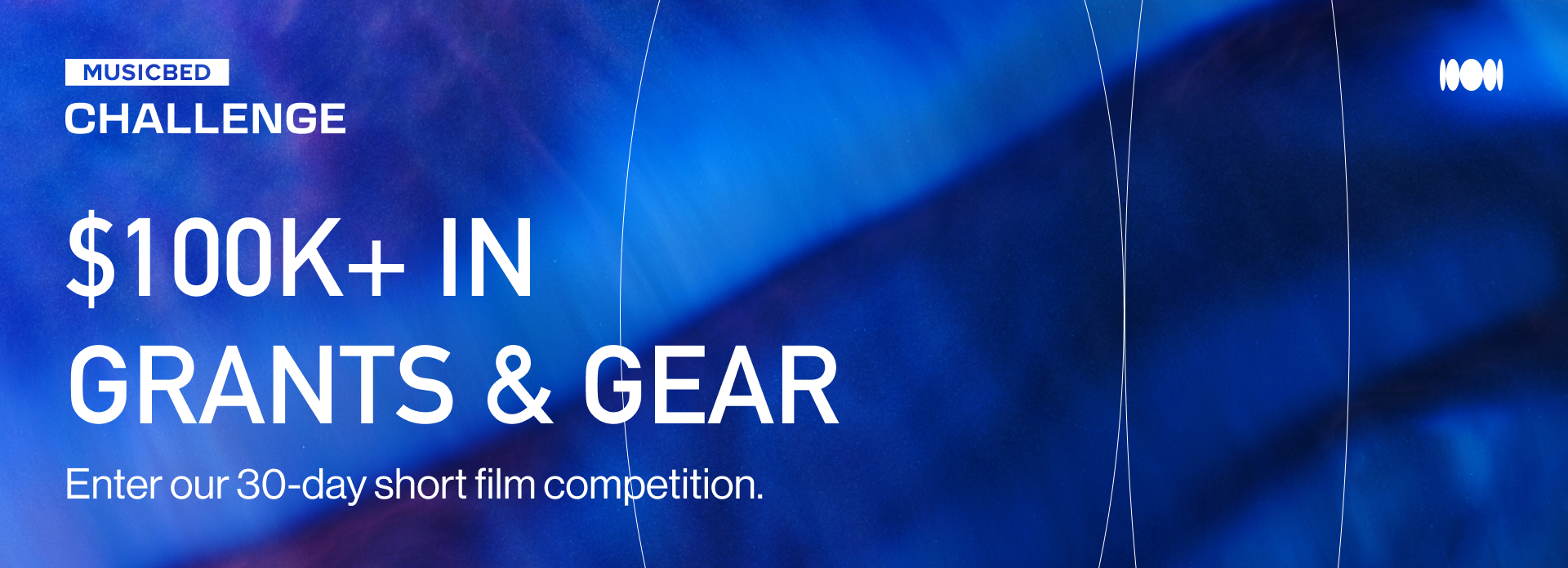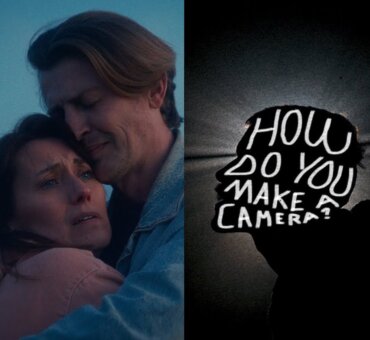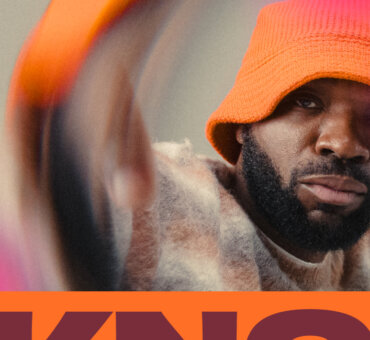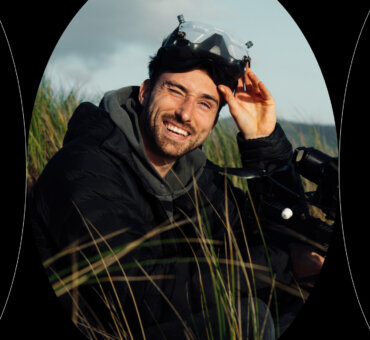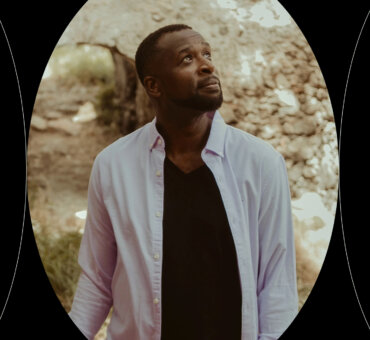Behind every great documentary is a filmmaker who has learned to listen, observe, and trust the process. For Jesse Crowell, the roots of his craft trace back to a family camcorder and a love for capturing life’s fleeting moments.
Over time, that passion evolved into a career defined by patience, collaboration, and a commitment to authenticity.
In this article, Jesse Crowell tells us about the pivotal projects, influential mentors, and creative techniques that have shaped his approach to filmmaking, offering insights into the art of crafting stories that resonate long after the screen fades to black.
MUSICBED: What sparked your interest in filmmaking?
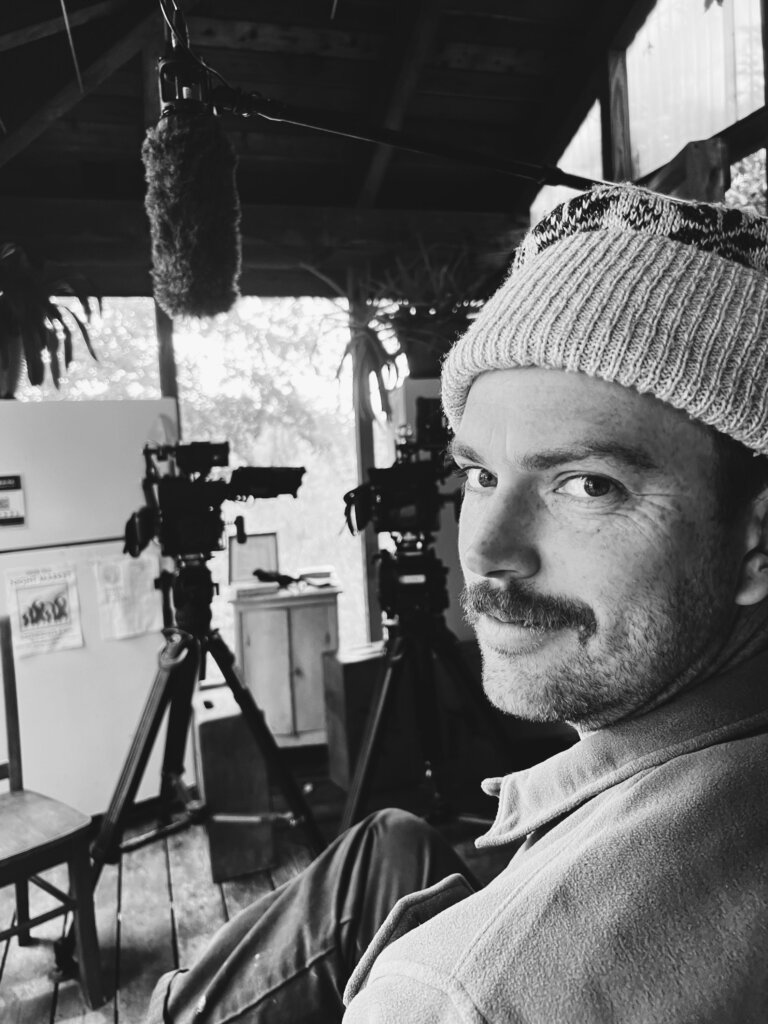
Jesse Crowell: I got a hold of the family camcorder at a young age and started filming my brothers and cousins in Oregon and Washington.
My mom helped me navigate some editing software, and I got the hang of stringing shots together, finding a rhythm through pacing decisions, and creating cohesion from a mess of footage.
It was clumsy, but watching the good moments play back felt like little lightning strikes of creative joy.
The Beastie Boys definitely did a lot of the heavy lifting on those good moments, but I was proud of them nonetheless. I still chase those little strikes of auditory/visual consonance in anything I’m working on these days.
RELATED READS: From Childhood Dreams to Cinematic Triumphs: The Journey of Filmmaker Paul Thomas
What drew you to documentary filmmaking? What makes it different from other genres of film?
Jesse Crowell: I grew up being obsessed with sports, and writing narratives about athletes for Sports Illustrated felt like the coolest job in the world.
I went to journalism school thinking I’d be a feature writer. But for better or worse, I discovered that the long-form writing process was a grind for me.
It didn’t come naturally, and I was slow. I started taking photojournalism classes and still felt pretty adrift.
Through that, though, I took a documentary filmmaking class taught by Torsten Kjellstrand and became completely enamored with the medium. I knew I was drawn to nonfiction, but the chance to blend real stories with motion, sound, and language felt so dynamic to me once I got a hang of the tools.
Torsten is also an incredible instructor and illuminated the value of patience and sincerity in this work early on for me. He set me on a good course, and I’m very grateful for that.
RELATED READS: Frederik Trovatten’s Journey from Documentary Photography to Filmmaking
What have been some pivotal moments or projects that shaped your career?
Jesse Crowell: There are a couple of experiences that come to mind. The first is when I was young and on the road with my former colleague Jason Greene, who is an amazing cinematographer.
We got a series of run ‘n’ gun assignments together—projects like nonfiction spots about Nike’s NBA athletes and a short doc about healthcare systems in rural India.
(I couldn’t believe that we were not only trusted with these projects but making a living working on them.)
There was a powerful sense of freedom and space to wander, but it came with lessons in responsibility and discipline. It taught me how important it is to be precise and intentional when someone lets you into their world.
The second is from 2024, when I had the opportunity to co-edit a documentary about formerly incarcerated wildland firefighters called Firebreak.
Editing is where I feel most at home in filmmaking, but this was my first time working on a feature-length film. It pushed me to really trust my own creative process.
The subject matter and volume made it impossible to hurry it or take shortcuts. I needed to take time to review it, absorb it, cull it, be tactile with it, let my subconscious work on it, and ultimately earn a point of view.
It was a slower burn than I’m used to, but it helped me explore and hone my own creative process more than anything I’ve ever worked on.
Was there a particular film or piece of content you created that helped propel your career to where it is now?
Jesse Crowell: I don’t know how much it helped propel my career, but in terms of meaningful projects, a piece called “We Break Cycles” that I edited for Open School in Portland, Oregon, holds a special place in my heart.
It didn’t have a lot of time or money behind it, but it had a trusting client, an earnest subject, and a thoughtful creative team. I’m super proud of how it came together and of the message it shares.
RELATED READS: How a Non-Profit Director Pays it Forward by Creating Films for Good
Who has been a major influence or mentor in your career, and how have they impacted your approach to work?
Jesse Crowell: Jamie Francis, a photojournalist and cinematographer, greatly shaped how I approach this work.
I’ve been lucky to spend a lot of time with him, watch him in the field, and observe his curiosity and gentle wisdom first hand.
I love this quote of his:
“It’s the natural heartbeats or behaviors of a person that make the most interesting stories and images. The sooner we can get ourselves out of the way the better the work becomes.”
I try to channel my inner Jamie as often as I can.
What is it that drives you to tell the stories you tell?
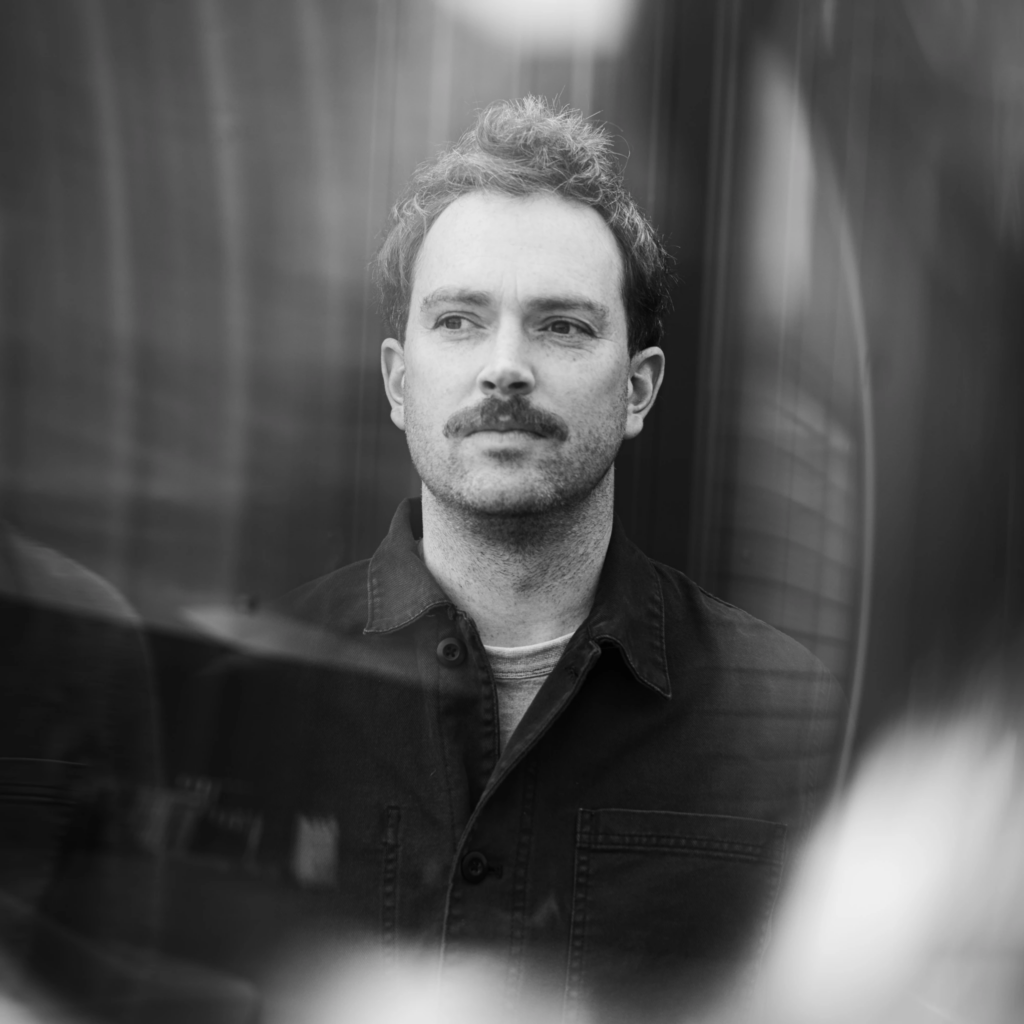
Jesse Crowell: There’s more than one answer to this for me, but these days it’s the collective trust it takes to make good nonfiction work.
My former colleague Chris Gonzalez puts it really well:
“You can only move as fast as the speed of trust.”
Wherever you look within a project—pre-production, in front of the camera, behind the camera, in the edit room—there are vulnerable, complex dynamics at play.
Each of those relationships is immensely important, and there has to be trust in place before anything authentic can truly happen.
In the long run, what really lasts from this work are the experiences with people, and trust is a massive part of that.
RELATED READS: Eddie Gilbert on Building Stories and Community Through Film and Photography
Talk to us about your process for selecting the right music for your projects. Where do you start, and how do you make the final decision?
Jesse Crowell: Like any part of the editing process, you can’t magically speed it up. It just takes time to pore through visuals, to pore through interviews, to pore through music.
You come in cold and don’t know what will feel right when you’re at the beginning of the process. You have to spend the hours wandering through it and searching for what it wants to be.
With music in particular, it’s helpful for me to start dedicating time to it once I have my visual selects made. I like to download dozens of tracks, bring them into the edit, and start laying them underneath my favorite scenes.
It takes a lot of trial and error, but it usually leads to that harmony you’re seeking.
RELATED READ: The Art and Science of Music Selection With Joanna Batemits
Besides music, what other techniques do you use to enhance the emotional impact of your storytelling?
Jesse Crowell: Sound design plays a huge role in making a film resonate emotionally.
Every little layered sound that fills up an edit, from focused sound effects to the ambiance, can enhance the story. It drives energy, builds tension, draws you in, and the absence of sound can leave you floating in space.
Without thoughtful sound design, edits can feel flat. And I love utilizing it to add an extra, nuanced dimension to a project.
What’s something you’ve seen lately where the music really elevated the storytelling? Or is there something you saw where the music hurt the storytelling?
Jesse Crowell: This is a few years old now, but “The Truth is Essential” from The New York Times is one my favorite music selections ever.
I’m still in awe of how perfectly the editing and music work together. They feel like they were made for each other.
What’s something that inspired you or caught your attention lately?
Jesse Crowell: Two different feature-length documentaries have really inspired me lately.
Firstly, Sugarcane, which is driven by vérité scenes and is immersive, observational, and intimate.
And secondly, King Coal, which is driven by narration and is lyrical, reflective, and magical.
Both are deeply grounded stories about place yet are so different—and effective—in their approach and craft.
What is it about Musicbed that stands out to you? Why would you recommend Musicbed as a resource for editors and filmmakers?
Jesse Crowell: I’ve always really liked the searchability of Musicbed’s library. If I don’t know what I want, the playlists can be really helpful in sparking inspiration.
If I find a song or artist I like, it’s easy and intuitive to discover more music with a similar vibe.
I also appreciate the quality of the library. It feels like there are songs that are made just for your project.
When judging Musicbed Challenge submissions, what’s the one thing you look for that sets great edits apart from the rest?
Jesse Crowell: I love when a piece puts me into a spell, and I forget I’m watching anything at all.
A good edit temporarily immerses you into a different world, but the impact from it endures.
I love this Roger Ebert quote on the subject:
“We are born with a certain package. We are who we are: where we were born, who we were born as, and how we were raised. We’re kind of stuck inside that person.
“The purpose of civilization and growth is to be able to reach out and empathize a little bit with other people. And for me, the movies are like a machine that generates empathy. It lets you understand a little bit more about different hopes, aspirations, dreams, and fears.
“It helps us to identify with the people who are sharing this journey with us.”
RELATED READS: The Winners of Musicbed Challenge 2024
This was written as a part of Musicbed Challenge 2025. Want to learn more?















































































